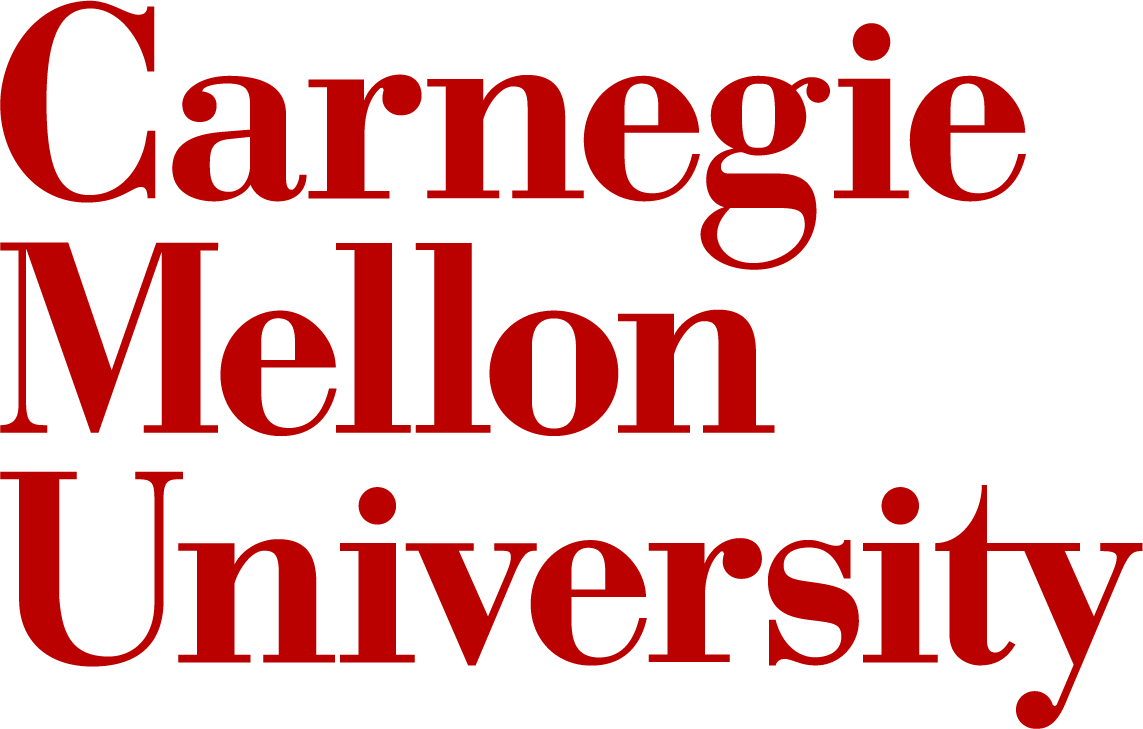Computer Science professor honored for poker-playing AI
Tuomas Sandholm, the Angel Jordan University Professor of Computer Science at Carnegie Mellon University, is the recipient of the 2021 Robert S. Engelmore Memorial Lecture Award from the Association for the Advancement of Artificial Intelligence (AAAI) in recognition of his AI research and his service to the AI community.
Specifically, the award cites Sandholm for his outstanding research contributions in AI, its application to electronic marketplaces, his highly original use of AI in strategic multi-player games such as poker and the application of AI to optimize transplant organ exchanges.
He will receive the award at the AAAI’s Innovative Applications of Artificial Intelligence conference which will be held virtually Feb. 4-6, 2021, and will present an hour-long keynote lecture at the conference.
Sandholm’s research focuses on the convergence of artificial intelligence, economics and operations research.
Since 1989, Sandholm has pioneered large-scale combinatorial markets. He founded research fields such as market clearing algorithms, structured bidding languages, preference elicitation from multiple parties, and automated mechanism design. He founded a company that fielded 800 of the largest combinatorial multi-attribute markets, totaling $60 billion and saving customers over $6 billion. His current startup, Optimized Markets, brings a new optimization-powered paradigm to advertising campaign creation, scheduling and pricing optimization in TV, digital and cross-media advertising.
Along with his students, Sandholm has developed leading algorithms for several general classes of games. Last year, their AI called Pluribus became the first and only AI to beat professional poker players at multi-player no-limit Texas hold’em, the first superhuman AI milestone in any game with more than two players. No-limit Texas hold’em is the main benchmark for testing algorithms that solve imperfect-information games. His startup, Strategy Robot, develops and fields computational game theory and opponent exploitation products for defense and intelligence applications. His startup Strategic Machine applies the technologies to business, finance and gaming applications.
Since 2010, his algorithms have been running the national kidney exchange for the United Network for Organ Sharing, where they autonomously make the kidney exchange transplant plan for 80% of all U.S. transplant centers together each week. He also co-invented never-ending altruist-donor-initiated chains, which have become the main modality of kidney exchange worldwide and have led to around 10,000 life-saving transplants. He also invented multi-organ exchanges; the first liver-kidney swap took place in 2019.
He is the recipient of numerous awards, including the prestigious Marvin Minsky Medal for his work on computer poker, Computers and Thought Award, inaugural ACM Autonomous Agents Research Award, Allen Newell Award for Research Excellence, Sloan Fellowship, Carnegie Science Center Award for Excellence, Edelman Laureateship and NSF Career Award. He is Fellow of the ACM, AAAI and INFORMS.
The Engelmore award honors the late Robert Engelmore, a physics alumnus of Carnegie Mellon who was an AI research director of the Defense Advanced Research Projects Agency, an editor of AI Magazine and executive director of the Heuristic Programming Project at Stanford University. Previous recipients of the award with Pittsburgh connections include Stephen Smith, research professor in the Robotics Institute; Bruce Buchanan of the University of Pittsburgh and CMU alumni, Edward Feigenbaum of Stanford, Milind Tambe of Harvard University, Craig A. Knoblock of the University of Southern California, Steven Minton of Fetch Technologies and Oren Etzioni of the Allen Institute for Artificial Intelligence.

